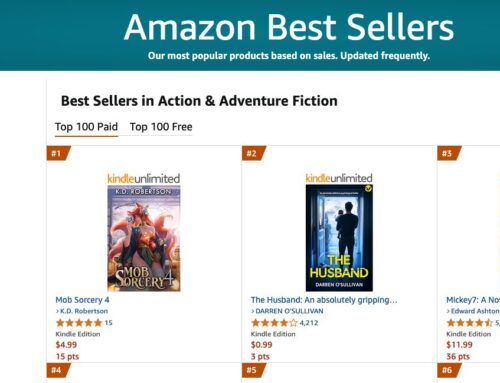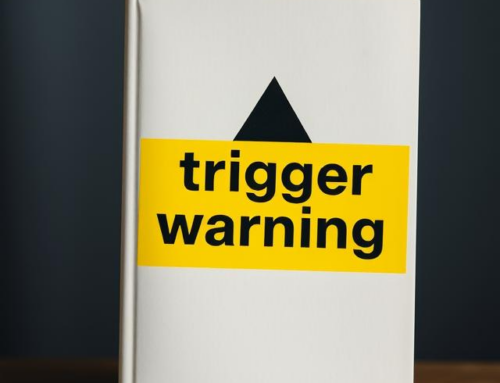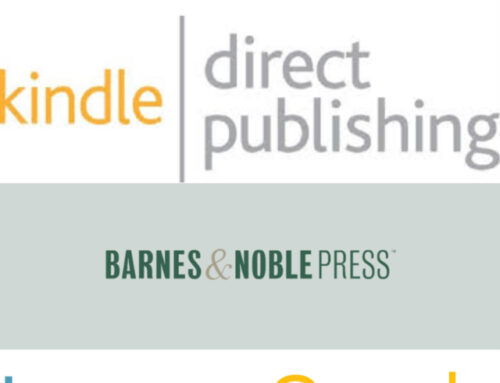In a recent talk, the great novelist Margaret Atwood (link courtesy of teleread) said that approximately 10% of authors make their living by their writing. This seemed like a high number to me. It makes me wonder a) what is the definition of an author and b) what is the history of this percentage?
I assume that an “author” is a writer who has been published by one of the six subsidiaries of international conglomerates which constitute “literature” today, in which case, the fact that a mere 10% of their stable make money is not a bright reflection on that industry. If you were offered a job at a company in which only 10% of their employees made a living wage, and you couldn’t know in advance if you would be one of the lucky few, I doubt you would take that job!
In a recent interview, Mick Jagger scoffed at the notion that the internet was ruining the business for musicians. He said, and I paraphrase, that there was only a decade and a half in history where musicians made any money at all – from the late seventies to the early nineties. Before and since, musicians were and are always getting ripped off by the industry. The same is likely true for writers, although I cannot date their golden age as precisely as one can see it for music (as in this chart)
The comparison between these arts is being made in other ways as well – because both forms are now in the digital realm, there is widespread piracy, copying, sharing, and other forms of distribution, and the price of the legal product has plummeted – a song is typically 99 cents, and the ebook standard price seems to be coalescing around $2.99. One difference often brought up is that musicians can collect through performances and t-shirt sales, hardly appropriate venues for writers.
But I keep coming back to the 10% figure. As an amateur musician myself, I remember learning that there are about 30 million guitar players in America. At 10%, that would mean a whopping 3 million are making their living at it. I’m certain this is not the case. I’m just as certain that the number of guitarists who do make a living at it is not much affected by the 29,999,000 or so who don’t. The same, I believe, is true for authors, whether published in book form or electronically. A certain percentage – those whose books resonate, those who effectively target and market their books, those who get lucky, those whose time comes around – will always do well. I suspect the percentage is something of a universal constant.
There is no shortage of fiction as there is no shortage of music. You can browse MySpace or Smashwords all you want – the Bonos and the Margaret Atwoods are always going to surface, one way or another, and their success will always feed some kind of ecosystem around them. As Ms. Atwood advised her fellow authors, “don’t panic.” The other 90% of us will still be out there doing what we do, but we are not the enemy.
Get an Editorial Review | Get Amazon Sales & Reviews | Get Edited | Get Beta Readers | Enter the SPR Book Awards | Other Marketing Services






















And, interestingly, I couldn’t even finish Atwood’s last book. Which leads me to believe if you get one really good seller out there, you never have to write anything good again.
Don’t get me wrong. I love that some (10% or 1%) of writers make a living from their book sales. Good! Great! But the rest of us can only keep putting our stuff out there and hope somebody likes it enough to pay $1.99 or 99 cents for a full novel.
Yay for writers–the eternal optimists.
Tom, didn’t we speak of a “universal constant” once before? But again, I think you’re probably right. Marva, I think you’re telling it like it is, too. We “can only keep putting our stuff out there and hope.”
Universal truths are usually personal experiences elevated to the level of a wish.
Scott Nicholson